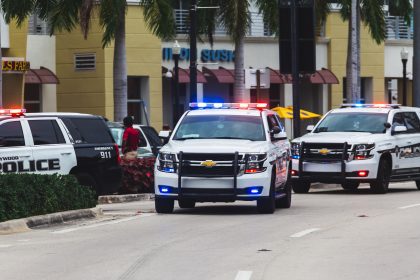
In a unanimous decision by the United States Supreme Court today, a major issue was resolved. The court ruled that police must have a warrant now for cellphone searches and those warrantless searches are a violation of a person’s constitutional right to privacy.
Law enforcement authorities argued that searching a cellphone was basically the same as asking a person to empty their pockets but the decision says that a cellphone is a much deeper look into a person’s life and privacy. Chief Justice John G. Roberts wrote in his majority decision “The term ‘cellphone’ is itself misleading shorthand; many of these devices are in fact minicomputers that also happen to have the capacity to be used as a telephone. They could just as easily be called cameras, video players, Rolodexes, calendars, tape recorders, libraries, diaries, albums, televisions, maps, or newspapers.”
The ruling is a major victory for privacy advocates who believe the police have gone too far in their powers of arrest and investigation. The ruling is a significant update to a person’s privacy in the 21st century information age. Chief Justice Roberts went on to say that the allegory of searching a cellphone was equal to asking a person to empty their pockets was incorrect and that it amounted to “ransacking his house for everything which may incriminate him.”
Fundamentally because of the power of a cellphone, a person can carry around their whole life record, which should not be available to police without a specific warrant.







